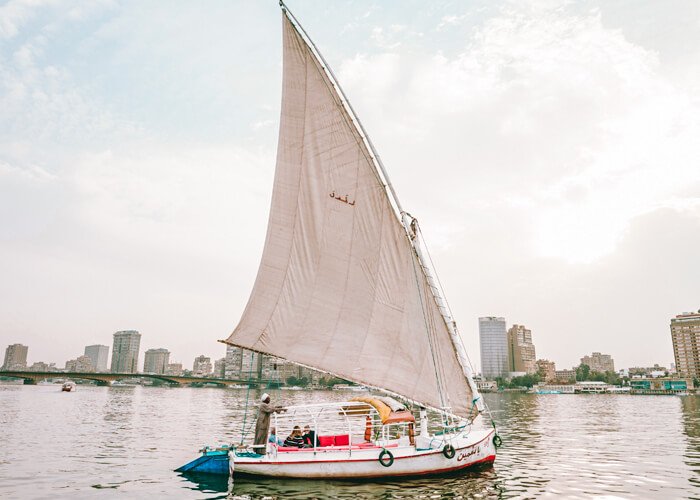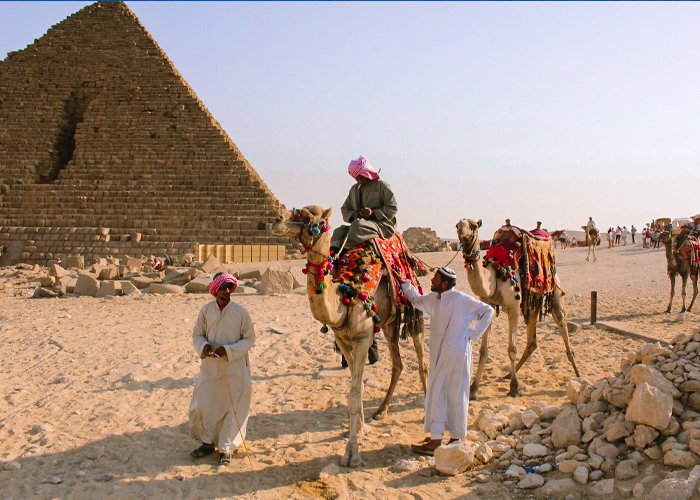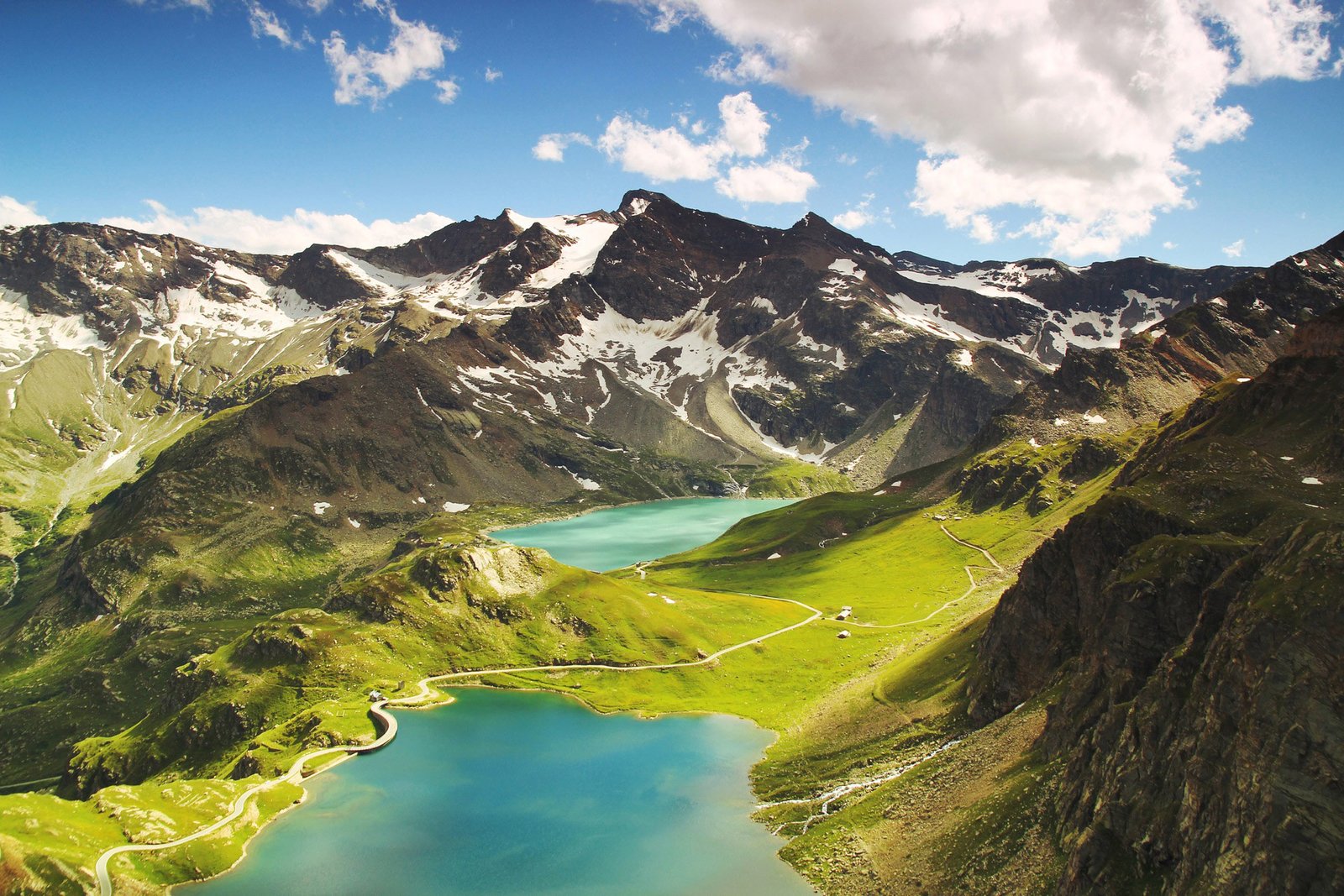Egypt Travel Tips: The Complete Guide for Every Traveler
Introduction
Egypt Travel Tips are essential for anyone planning a trip to this fascinating destination. Travelers often ask: I want to know about Egypt, what is Egypt like for a holiday, and how can I make the most of my journey? This guide answers those questions and more, offering practical advice, cultural insights, and essential information to make your trip smoother. Whether you are wondering about Egypt rules for tourists, what Egypt is like for a first timer, or even if Egypt is safe for couples, the following sections provide everything you need for a memorable adventure.
Preparing for Your Trip: Essential Travel Advice Egypt
Before setting foot in Egypt, preparing well can make your experience far more enjoyable. Travelers should start by checking visa requirements, which vary depending on nationality. Most tourists can obtain an e-visa online, while others may need to apply in advance or get one on arrival.
Packing wisely is another vital step. Lightweight, breathable clothing is best for the hot climate, but a scarf or shawl can be handy when visiting religious sites. Comfortable shoes are essential for exploring temples and archaeological sites, which often involve a lot of walking on uneven ground. Sunscreen, a reusable water bottle, and a hat should be on every traveler’s list.
Money is another consideration. While credit cards are accepted in many hotels and restaurants, carrying cash in Egyptian pounds is necessary for smaller purchases, taxis, and tips. Bargaining is common in markets, so travelers should be prepared to negotiate politely.
This travel advice Egypt section also highlights the importance of cultural awareness. Respecting local customs, greeting people warmly, and learning a few basic Arabic phrases will enhance your interactions. With thoughtful preparation, travelers can arrive in Egypt ready for an unforgettable journey.
Safety and Security: Is Egypt Safe for Couples and Families?
One of the most common questions from travelers is: Is Egypt safe for couples and families? The answer is generally yes, provided visitors take normal precautions. Tourist areas such as Cairo, Luxor, Aswan, and the Red Sea resorts are heavily patrolled and welcoming to international travelers.
Couples can enjoy sightseeing without worry, though public displays of affection are best kept minimal out of cultural respect. Families traveling with children will find Egyptians extremely welcoming, as children are adored in local culture. Major landmarks and hotels are well-equipped to accommodate families.
Travelers should stay alert in crowded places, as petty theft like pickpocketing can occur. Using reputable tour guides, official taxis, and avoiding isolated areas at night are wise precautions. Women traveling alone should be mindful of local customs, but most find that Egyptians are friendly and eager to help.
For couples specifically, the atmosphere is generally relaxed in resorts like Sharm El Sheikh and Hurghada, where international visitors are the norm. These destinations provide a safe and comfortable environment for romantic getaways.
Overall, the answer to is Egypt safe for couples is reassuring: yes, with awareness and respect for cultural norms, couples and families can explore Egypt with confidence.
Understanding Local Customs: Egypt Rules for Tourists and Women
Respecting local traditions is one of the most important Egypt rules for tourists. While Egypt is accustomed to international visitors, modest clothing is encouraged, especially when visiting mosques, churches, or rural areas. For women, covering shoulders and knees is a good guideline, though resorts and beaches are more relaxed.
Photography rules vary. While it’s fine to take photos at most landmarks, some museums or tombs require a photography permit, and it is always respectful to ask before photographing locals. Military sites and certain government buildings should never be photographed.
When it comes to social behavior, shaking hands is common, but greetings between men and women can be more conservative. Women travelers often ask about Egypt rules for woman, and the most important rule is modesty in dress and behavior. Solo female travelers should also be cautious about late-night outings, and joining guided tours is often more comfortable.
Tipping, known locally as “baksheesh,” is part of daily life. From hotel staff to drivers, small tips are appreciated. Negotiating taxi fares or market prices is expected, but it should always be done politely.
By following these guidelines, tourists show respect for the culture and ensure smoother interactions. Observing these Egypt rules for tourists enhances the travel experience and builds mutual understanding.
Transportation and Getting Around: What is Egypt Like for a Holiday?
For many travelers, transportation is a major part of the question: what is Egypt like for a holiday? Getting around the country can be both exciting and practical when you know your options.
Domestic flights are a time-saving choice for long distances, such as traveling from Cairo to Luxor or Aswan. EgyptAir and several other airlines operate regular routes, making it easy to reach different regions quickly. Trains are another option, especially between Cairo and Luxor, but travelers should book first-class tickets for comfort and safety.
Within cities, taxis and ride-hailing apps like Uber are widely used in Cairo. Always confirm fares in advance if using a local taxi. For a more authentic experience, travelers can try horse-drawn carriages in Luxor or felucca rides on the Nile in Aswan.
Public buses exist but can be confusing for first-time visitors. Instead, organized tours or private drivers are recommended for sightseeing, as they offer comfort, efficiency, and expert guidance.
For Red Sea holidays, shuttle buses and hotel transfers are common. Many resorts also organize day trips to Cairo or Luxor, giving beachgoers the chance to see iconic landmarks.
Transportation in Egypt adds a layer of adventure to the trip, and with careful planning, it’s part of what makes Egypt a dynamic and rewarding holiday destination.
Experiencing the Culture: Egypt for First Timer
Travelers visiting Egypt for first timer often feel overwhelmed by the sheer number of things to see and do. The key is to balance iconic landmarks with authentic cultural experiences.
First-time visitors should prioritize the must-see sites: the Pyramids of Giza, the Egyptian Museum, Luxor’s temples, and a Nile cruise between Luxor and Aswan. These highlights give an essential overview of Egypt’s ancient wonders.
Equally important is experiencing daily life. A walk through Cairo’s Khan el-Khalili Bazaar immerses visitors in vibrant markets filled with spices, textiles, and souvenirs. Sampling traditional Egyptian food such as koshari, falafel, and fresh seafood introduces the flavors of the country.
Engaging with locals can be deeply rewarding. Egyptians are known for their hospitality, and travelers often find themselves invited to share tea or join in conversation. Learning a few Arabic greetings, such as “salaam alaikum,” adds warmth to these interactions.
For first-time travelers, pacing is important. Egypt’s landmarks can be overwhelming, so balancing sightseeing with relaxation—whether on a Nile cruise or at a Red Sea resort—creates a smoother experience.
By combining famous monuments with cultural encounters, Egypt for first timer becomes a journey that is both awe-inspiring and personally enriching.
Food and Dining: A Taste of Egyptian Hospitality
One of the most enjoyable aspects of travel is food, and Egypt offers flavors that reflect its history and geography. Traditional dishes are hearty, affordable, and often vegetarian-friendly.
Koshari, a mix of rice, pasta, lentils, and tomato sauce topped with crispy onions, is considered Egypt’s national dish. Street vendors and local restaurants serve it generously, and it’s a must-try for visitors. Ful medames, a fava bean stew, is a common breakfast dish, often accompanied by bread and salad.
Seafood is abundant in coastal cities like Alexandria and Hurghada, where fresh catches are grilled or fried. Grilled meats, kebabs, and shawarma are popular throughout the country, often served with tahini and flatbread.
Dining etiquette is generally casual, but sharing food is an important cultural tradition. Many meals are enjoyed family-style, with plates placed in the center of the table. Travelers should try eating in both local restaurants for authenticity and hotel dining rooms for comfort.
Experiencing Egyptian food connects visitors to the warmth of local hospitality. Every meal is an opportunity to discover not just flavors but also the culture behind them.
Exploring Beyond the Classics: Hidden Gems in Egypt
While the pyramids and temples draw the most attention, Egypt also has hidden treasures waiting to be discovered. Travelers who want to go beyond the classic route can explore oases, deserts, and lesser-known archaeological sites.
The Siwa Oasis, near the Libyan border, offers a unique cultural blend and stunning landscapes. Its hot springs, salt lakes, and palm groves provide relaxation and beauty, while the ancient Temple of the Oracle adds historical depth.
The White Desert is another striking destination, with chalk formations shaped by the wind into surreal landscapes. Camping under the stars here is a once-in-a-lifetime experience.
For history lovers, sites like Dendera Temple and Abydos offer incredible reliefs and a quieter atmosphere compared to more famous landmarks. These locations allow travelers to appreciate ancient art without large crowds.
Exploring hidden gems shows a different side of Egypt—one that rewards curiosity and adventure. For those writing an Egypt travel blog, these destinations add depth and originality, making the journey unique.
Practical Tips: Health, Money, and Communication
Every traveler benefits from practical advice, and Egypt is no exception. Staying healthy is a top priority. Drinking bottled water is strongly recommended, as tap water is not suitable for tourists. Hand sanitizer and wet wipes are useful when exploring busy markets or remote sites.
For money matters, Egyptian pounds are the local currency. ATMs are widely available in cities, though carrying small bills is useful for tips and purchases. Credit cards work in most hotels and upscale restaurants, but cash remains essential for daily life.
Communication is easy thanks to local SIM cards, which are affordable and provide reliable data coverage. English is widely spoken in tourist areas, but learning a few Arabic phrases enriches the experience.
Travel insurance is strongly advised, covering health, cancellations, and lost belongings. Pharmacies are common, but bringing basic medications from home can prevent inconvenience.
With these Egypt travel tips, travelers can navigate the country smoothly, focusing on enjoyment rather than logistics.
Conclusion
Egypt Travel Tips empower travelers to explore with confidence, whether they are visiting for the first time or returning to see more. From practical travel advice Egypt to understanding Egypt rules for tourists and women, this guide provides the knowledge needed for a safe and rewarding journey.
For couples wondering is Egypt safe for couples, or families planning holidays, the answer is yes—with awareness and respect, Egypt is a welcoming destination. For those curious about what is Egypt like for a holiday or seeking advice on Egypt for first timer, the experiences are rich, diverse, and unforgettable.
By combining iconic monuments with cultural encounters, hidden gems, and practical insights, travelers can create memories that last a lifetime. Egypt remains not just a place to visit but a destination to experience fully—and with the right preparation, every trip can be extraordinary.






